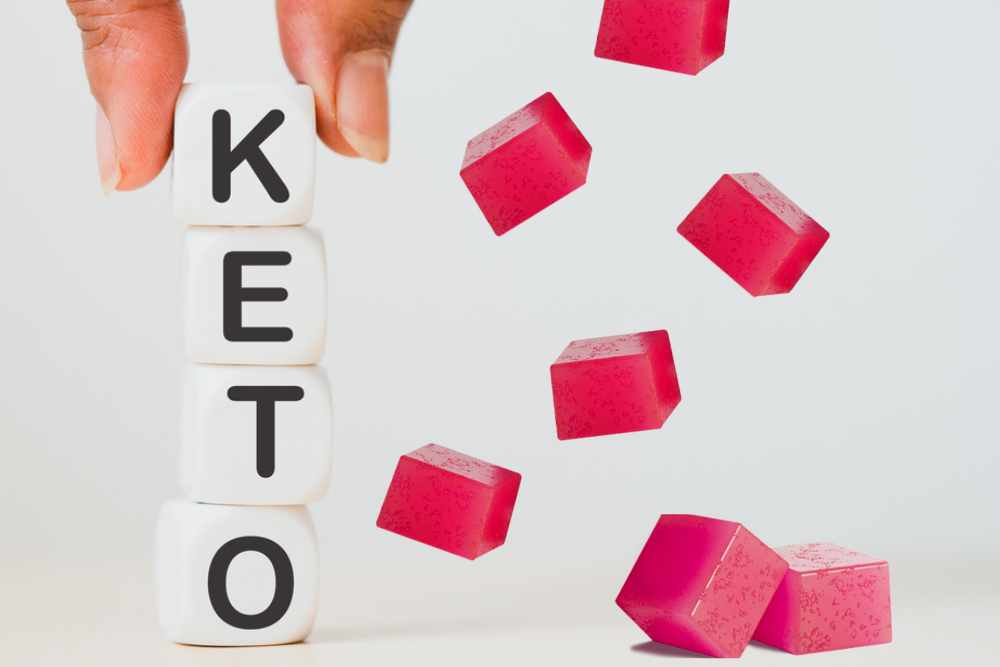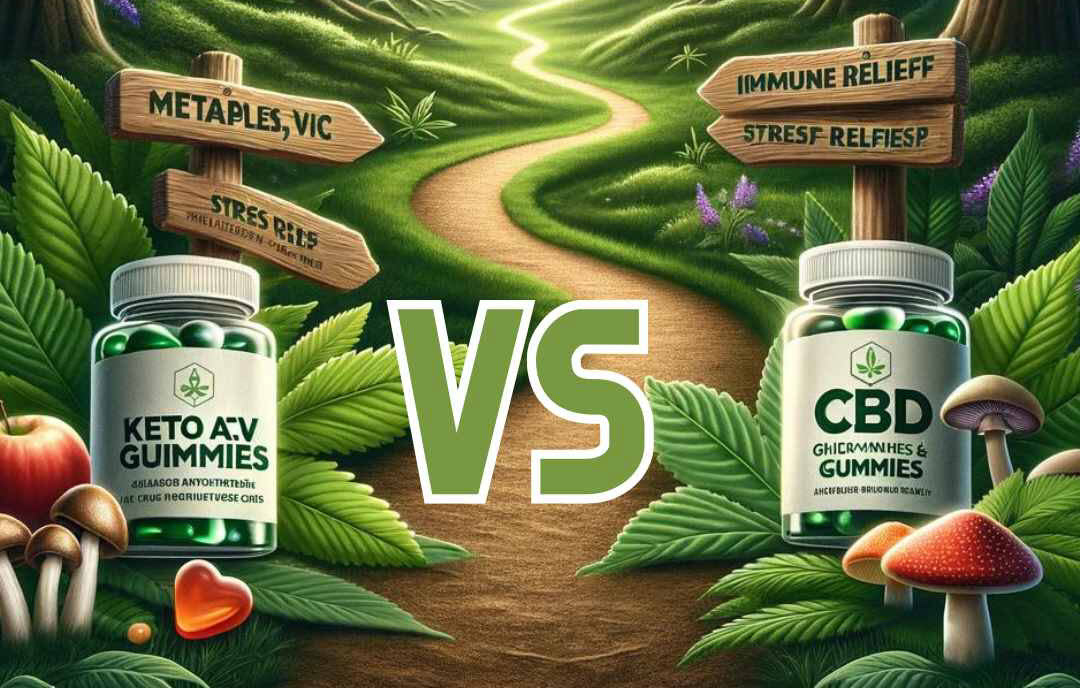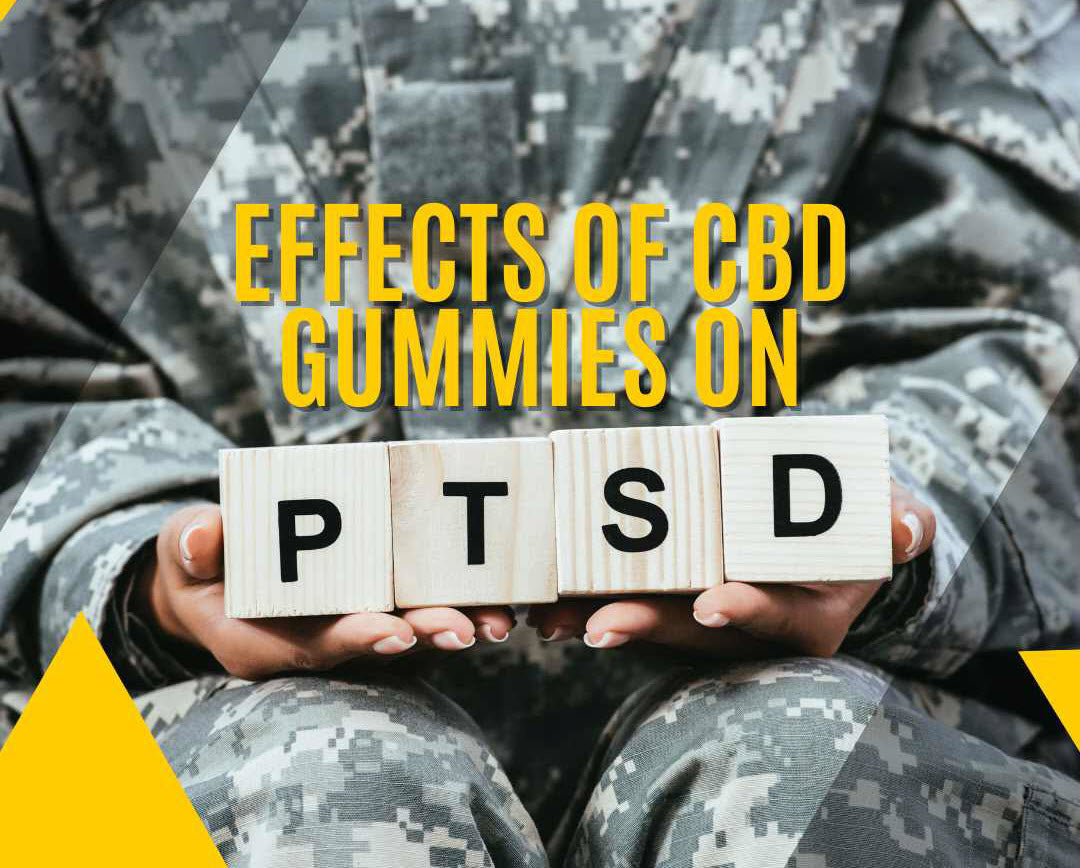* DISCLAIMER: The information in this article is for educational purposes only. It does not exploit or provide medical advice of any kind. Therefore, any reliance you place on the information below is strictly at your own risk. Please check with your medical provider before starting or changing a CBD routine.
Legal Issues & CBD
CBD Oil and California
Despite California’s reputation as an industry leader in cannabis, the state’s lawmakers have mired CBD producers in red tape. In July 2018, the state’s Department of Public Health issued a statement that essentially prohibited ‘industrial hemp’ and its byproducts, including CBD hemp oil, in any form meant for ingesting. In a contradictory stance, the state law permits CBD tinctures, topicals, drops, and other formats, but only if the CBD oil is derived from marijuana plants (not hemp) and contain less than 0.3% THC. According to the Department’s statement, because this CBD oil would be a marijuana derivative, it would only be legally sold through the state’s recreational marijuana regulatory framework and in licensed marijuana retailers. This highly restrictive policy has meant, in law, a statewide ban on hemp CBD products.
In practice, however, this is not the reality of California’s hemp CBD market for consumers. Rather, it has forced the state’s growers and cultivators to lag far behind other traditional agriculture states, like Kentucky and Colorado. With market demand as high as it is right now, some farmers estimate the per-acre profit of hemp higher than almonds or grapes, two of California’s biggest agricultural exports. California’s strict legislation has meant that the state’s farmers, many of whom are struggling to maintain their profits as droughts drive water prices up, are unable to take advantage of the economic boon that hemp CBD has been elsewhere.
For a time, it appeared that these antiquated laws would change – in late 2018, Senate Bill 1409 changed the prohibition on growing industrial hemp, but the legislature delayed discussions of legalizing hemp CBD and creating a legal or regulated market for CBD products. Assembly Bill 228 gained momentum following the passing of SB1409, and if passed, would have legalized a market that already exists in California. Unfortunately, the bill died in the Senate Appropriations Committee without a vote and with little public explanation. Some believe that AB228 went too far from the Federal Drug Administration’s (FDA) restrictions, and the legislature refused to cross the line drawn by the FDA.
In the Department of Public Health’s 2018 statement, the state indicated that any change would rely on the FDA, stating “Until the FDA rules that industrial hemp-derived CBD oil and CBD products can be used as a food or California makes a determination that they are safe to use for human and animal consumption, CBD products are not an approved food, food ingredient, food additive, or dietary supplement.” The choice to follow the FDA blindly is odd, considering California’s history as one of the first movers in a cannabis market that is still federally illegal. Nonetheless, California, like many other states, has chosen to defer to the FDA.
What does the FDA say about CBD Oil?
In December of last year, the President signed the 2018 Farm Bill, which included Mitch McConnell’s Hemp Farming Provision. For the hemp industry, the most significant change brought about by the passing of the Farm Bill was the legalization of the production and sale of hemp and its byproducts (CBD oil) and the removal of industrial hemp and hemp CBD from the controlled substances list. This allowed for research on CBD including randomized control trials on human subjects, and a well-regulated market, which would allow for quality control. The reality of the market in the post-Farm Bill world is that regulations on CBD products varies from state to state. Because the Farm Bill removed CBD with less than 0.3% THC from the controlled substances list, it’s no longer under the DEA’s purview. So, federally, it is legal to produce and sell hemp as an agricultural commodity, and while CBD products are no longer an illegal substance, it remains mired in controversial loopholes and gray FDA guidance.
CBD In Food & Drugs
The FDA today prohibits the sale of CBD foods and CBD supplements, despite the fact that CBD oil is nearly ubiquitous in drug stores across the country, including in major retailers like CVS and Walgreens. Additionally, the FDA has issued no guidance on CBD topicals, CBD pet products, or CBD vape pens. These products, as it turns out, do not necessarily fall under the FDA’s regulatory umbrella, although cosmetics and supplements do. Technically, the medicine Epidiolex, a pharmaceutical prescribed by doctors to children struggling with severe cases of childhood epilepsy, is the only CBD product explicitly authorized by the FDA to be sold to patients across the country. Despite this, the market for CBD oils continues to thrive, outpacing expectations and entering mainstream America at a shocking pace. Although the agency can theoretically pursue legal action against CBD companies, the agency has very limited reach and chooses to do as much good with a small staff as it can – choosing to cite only those companies that market their products using unfounded health claims about the effects of CBD oils. What’s more, the FDA has only issued warning letters to violators and has not yet shuttered any operations.
While the FDA appeared progressive in a May 2018 letter to the DEA that stated, “CBD and its salts…do not have a significant potential for abuse and could be removed from control under the [Controlled Substances Act] (CSA),” the agency has failed to make progress on the matter since the passing of the Farm Bill. While discussing the FDA’s decisions on hemp CBD, representatives have recognized the need for a clear national regulatory framework which could allow for purity testing and quality control. However, the agency repeatedly cites a lack of data, research, and published, peer-reviewed scientific studies on RCTs conducted on human subjects studying the effects of CBD oils. Industry stakeholders have also participated in periods of public comments but have complained of the FDA’s slow pace of change.
KAI PATTISON, M.S.
NANOCRAFT SCIENCES
ATHLETE RELATIONS X PHYSIOLOGIST
Kai Pattison was born and raised on the North Shore of Oahu, Hawaii. Kai graduated with a Master’s degree in clinical physiology from Point Loma Nazarene University. He is very passionate about human physiology and the applications in sport performance, recovery and clinical diagnostics. Kai has specialized in cardiopulmonary diagnostics, exercise induced energy expenditure and metabolism. Kai has also gained extensive research experience at UCSD on Parkinson’s disease & fall-risk assessment. He enjoys educating and informing people on the importance of exercise to reduce risk of pro-inflammatory diseases, such as diabetes and heart disease. His passion for alternative medicine enables him to strive when promoting health and wellness.
Tagged under













No comments yet!
Be the first to comment